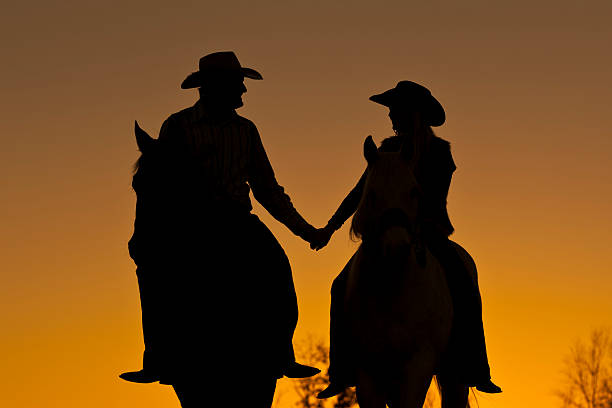
Life rarely gives us do-overs. Most of the time, when opportunities slip away, we resign ourselves to regret, carrying what-ifs like heavy baggage. But George T. Arnold’s Spur Award–winning novel The Heart Beneath the Badge challenges that belief with a tender, powerful story: sometimes love, faith, and courage can bring us a second chance—even after decades of separation, heartbreak, and missed opportunities. In the dusty town of Shady Spring, Texas, Sheriff Heath Royal and Rebekka Korhenen Brando discover that the past doesn’t have to stay buried. Their journey shows us that second chances are possible, not just in fiction, but in life itself.
Heath Royal is a man defined by his badge, his duty, and his conscience. At fifty-two, he has lived a hard life as a lawman, worn down by the violence he has had to deliver and the doubts it leaves behind. Rebekka Brando, once the love of his youth, is now a wealthy widow, respected but scrutinized in equal measure by the gossipy small-town community around her. Twenty-five years earlier, they were deeply in love, ready to marry—until life forced them apart. Rebekka chose stability in marrying Sam Brando, a much older man who offered her the security she never had growing up as an orphan. Heath, bound to the uncertain and dangerous life of a sheriff, understood why she made the choice but never forgot the love they shared. Now, fate places them side by side once again—this time in a church pew, where Heath, tormented by his conscience, finds himself next to the very woman who once held his heart. The spark is undeniable, but what makes their story extraordinary is not simply that their love is revived. It’s that it happens at a time in their lives when both have lived through pain, loss, and disappointment.
Rebekka represents resilience in the face of hardship. From her lonely childhood in an orphanage to her realistic decision to marry for security, her life has been defined by survival. And yet, despite her scars, she never loses her ability to feel, to hope, and to love again. Her second chance with Heath is not just about romance—it’s about reclaiming a part of herself that was left behind. For so many readers, her story is a reminder that age, loss, or fear do not disqualify us from finding joy again. Rebekka teaches us that security may have once been her goal, but passion, companionship, and emotional honesty are what her heart truly longed for. For Heath, a second chance means redemption—not only in love, but in his own humanity. Burdened by guilt over his recent shootings, slowed by age, and uncertain of his place as sheriff, Heath begins to question whether he is still worthy of admiration. Rebekka’s return to his life gives him more than just romance. It gives him a chance to see himself not only as a weary lawman but as a man capable of love, tenderness, and healing. His second chance is not only about winning Rebekka’s heart—it’s about forgiving himself and embracing a future beyond the badge.
The road to second chances is never easy. For Heath and Rebekka, every step forward is shadowed by the wagging tongues of Shady Spring. Gossipers question Rebekka’s choices as a widow, whisper about her relationship with Heath, and speculate whether scandal lies behind their reunion. Yet, they press on. Their resilience in the face of judgment reminds us that second chances often require courage—not just to pursue what we want, but to ignore those who would rather see us confined to old roles and past mistakes. Faith also plays a role in their journey. Heath returns to church after decades, not to impress others, but in desperate search of peace for his conscience. While his doubts are not instantly erased, his step toward faith mirrors his step toward Rebekka. Both are risks, both require humility, and both hold the promise of renewal.
While The Heart Beneath the Badge is set in the world of cowboys, sheriffs, and ranches, its lessons stretch far beyond the West. Readers may not face outlaws or ambushes, but they know what it means to lose something important—whether it’s love, opportunity, or self-belief. Arnold uses Heath and Rebekka’s story to show us that it is never too late to start again. Whether in romance, in career, in faith, or in personal growth, life offers us chances to rediscover ourselves. Sometimes those chances come quietly, through unexpected reunions. Other times, they come painfully, after loss or failure. But they do come—and it is up to us to have the courage to take them. George T. Arnold makes it clear that his Westerns are not just about shootouts. They are about people, about hearts, and about the choices that define our lives. By placing romance and emotional depth at the center of The Heart Beneath the Badge, Arnold expands the Western genre beyond its usual boundaries.

This content cannot be displayed due to DMCA copyright restrictions and ADA accessibility compliance issues.
If you believe this is an error, please contact support with proper documentation and ensure the content meets accessibility guidelines.